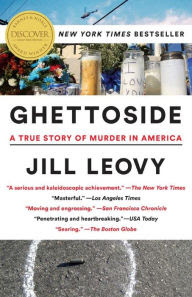 Her short fiction, book reviews, and essays on the writing life have been widely published in outlets such as The New York Times, O Magazine, Tin House, Electric Literature, and Buzzfeed, and she has co-written films that have debuted at Sundance and won awards at Cannes. At various points in her life, she has been a trend forecaster, a fashion publicist, and a party promoter for Corona Extra.
Her short fiction, book reviews, and essays on the writing life have been widely published in outlets such as The New York Times, O Magazine, Tin House, Electric Literature, and Buzzfeed, and she has co-written films that have debuted at Sundance and won awards at Cannes. At various points in her life, she has been a trend forecaster, a fashion publicist, and a party promoter for Corona Extra.Recently I asked Maum about what she was reading. Her reply:
I appear to have a real thing for books by female authors whose protagonists are failed (or failing art students) with deadVisit Courtney Maum's website.(or dying) fathers and supercharged (and non-discriminatory) libidos. Just today I finished All Grown Up, the latest novel by Jami Attenberg, which checks all these boxes. Other favorites in this vein are The Bed Moved by Rebecca Schiff and Paulina and Fran by Rachel B. Glaser. Dead dads aren’t present in all of these, but Amie Barrodale’s collection You Are Having a Good Time and Tama Janowitz’s Slaves of New York have dating foibles a go-go, as does Katherine Heiny’s collection, Single Carefree Mellow, in which most of the protagonists are single and carefree and none of them are mellow.
This summer, I will continue to seek out smart girls gone neurotic: I can’t wait to read Deb Olin Unferth’snew collection, Wait Till You See Me Dance, Otessa Moshfegh’s Homesick For Another World, and I’m going to tackle people to get my hands on Alissa Nutting’s Made for Love. Edan Lepucki’s latest, Woman No. 17 has a dysfunctional artist in it I’m sure I’ll love, and I’m waiting until I’m on book tour to pick up a copy of Gail Honeyman’s Eleanor Oliphant is Completely Fine because there aren’t any bookstores close to where I live—that’s one of the many perks of going on tour: I’ll be in independent bookstores all the time!
The Page 69 Test: I Am Having So Much Fun Here Without You.
--Marshal Zeringue



















































